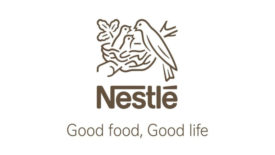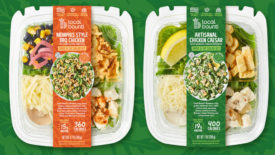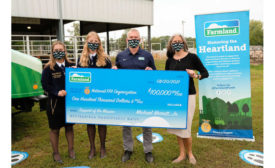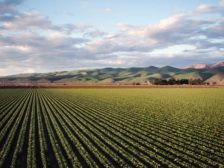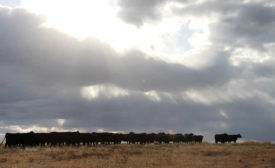Home » Keywords: » agriculture
Items Tagged with 'agriculture'
ARTICLES
Little Leaf Farms Claims Top Spot in Packaged Lettuce in New England
Marks the first time an indoor-grown leafy greens brand has surpassed traditional field-grown brands in any market.
September 27, 2023
Nestlé Amps Up Sourcing Ingredients Grown with Regenerative Agriculture for its DiGiorno Pizza Line
Through partnerships with ADM and Ardent Mills, investment will benefit wheat farms across Kansas, North Dakota, Indiana, and Missouri.
August 3, 2023
How to Mitigate E. Coli in Fresh Produce
Tips for preventing E. coli transfer from sources to fields and facilities.
August 3, 2021
Sysco, Cargill, and the National Fish and Wildlife Foundation Partner for $5 Million Sustainable Grazing Initiative
Program would accelerate sustainable grazing across 1 million acres in Texas, Oklahoma, New Mexico, Kansas, and Colorado.
April 20, 2021
Elevate your expertise in refrigerated and frozen foods with unparalleled insights and connections.
Get the latest industry updates tailored your way.
JOIN TODAY!Copyright ©2025. All Rights Reserved BNP Media.
Design, CMS, Hosting & Web Development :: ePublishing

.jpg?height=168&t=1689185386&width=275)
